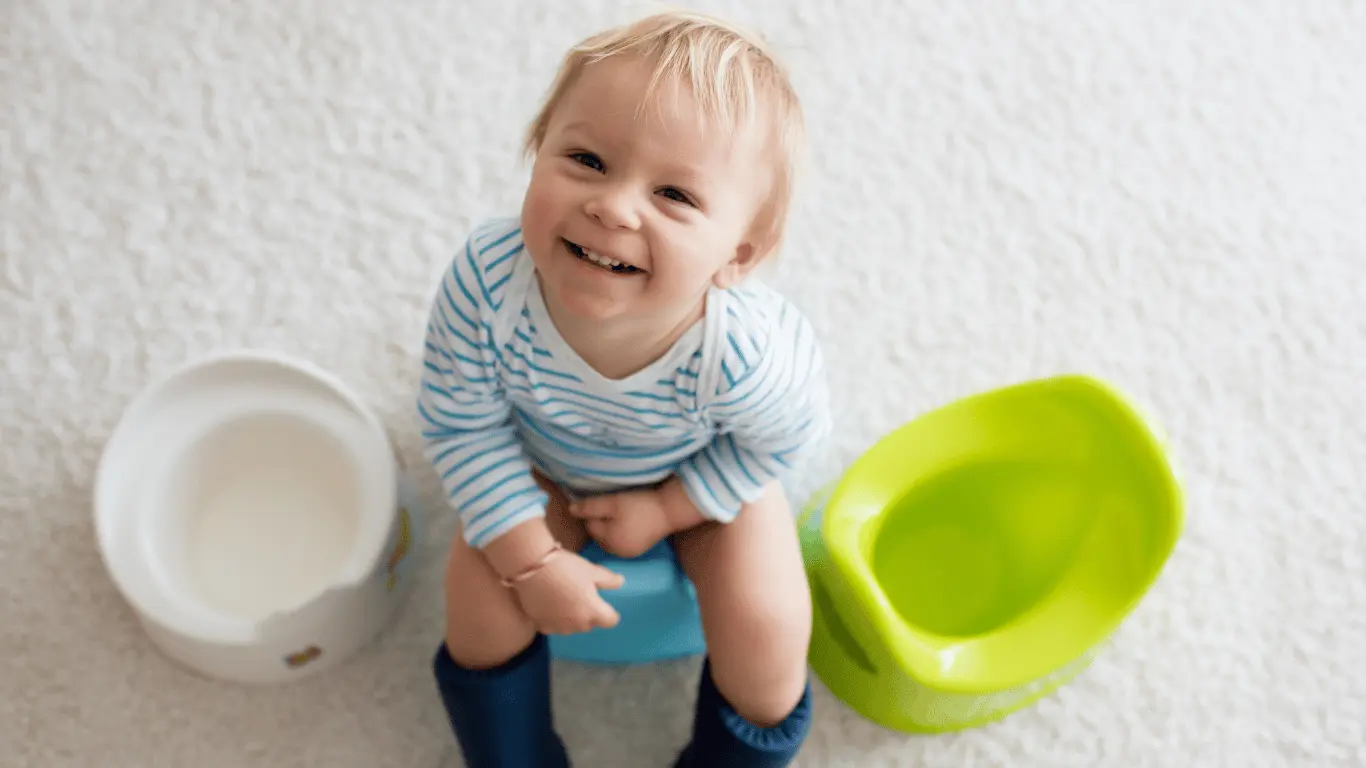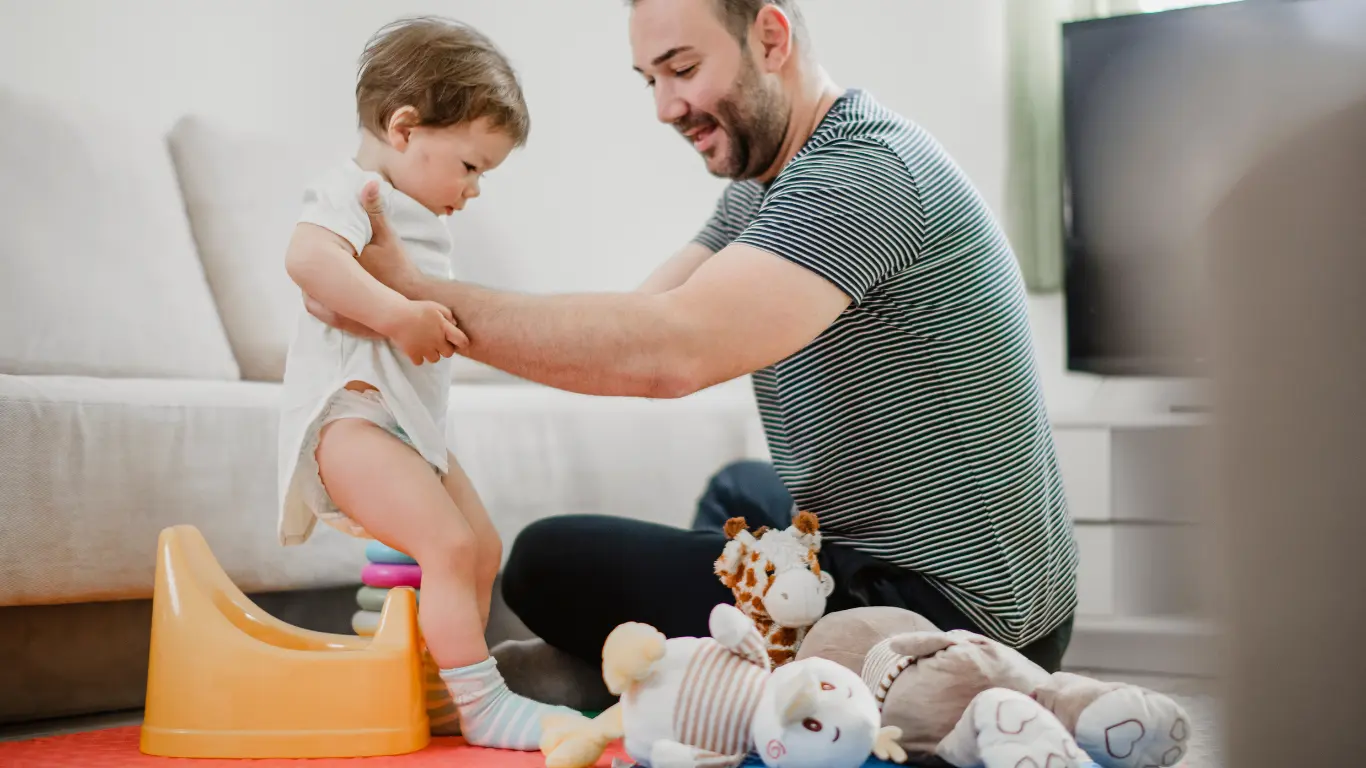When our toddler started withholding poo, we felt stuck. We knew she needed help, but everything we tried seemed to make things worse. Looking back, what helped most was learning when to step in and when to step back.
If you are dealing with poo withholding, this guide focuses on what actually helped us in the day to day. These are not quick fixes. They are small, supportive changes that made a real difference over time.
Do Stay Calm and Reassuring
Don’t Show Frustration or Panic
Toddlers are incredibly sensitive to our reactions. When we showed stress or frustration, our daughter became more anxious and resistant. Even when days passed without a poo, staying calm helped her feel safe.
What helped us was reminding ourselves that withholding was not bad behaviour. It was fear. Using gentle language and keeping our tone relaxed made potty time feel less overwhelming for her.
The potty training mistakes we made when our toddler withheld poo.
2.
Do Build a Gentle Routine
Don’t Force the Potty
Instead of asking constantly if she needed to go, we focused on a predictable routine. Sitting on the potty after meals or before bed became part of the day, without pressure to produce a result.
Forcing or insisting often backfires. Giving your toddler the chance to sit calmly, even if nothing happens, helps build trust and familiarity with the potty.

Do Support Digestion with Food and Drinks
Don’t Ignore Signs of Discomfort
Hard stools made everything harder for our daughter. Increasing fibre and fluids helped reduce pain and made going less scary. We focused on small, realistic changes rather than overhauling her entire diet.
Foods like pears, prunes, vegetables, and whole grains, along with regular sips of water, helped soften stools over time. This was not an overnight fix, but it made a noticeable difference.

4.
Do Use Positive Encouragement
Don’t Apply Pressure or Bribes
Praise effort, not outcomes. Sitting on the potty, talking about poo, or trying even once deserved encouragement. We avoided tying rewards directly to pooing, which only increased pressure.
Simple verbal praise and reassurance helped keep things positive. The goal was to reduce fear, not rush success.
Our complete potty training guide for toddlers
5. Do Ask for Professional Support When Needed
Don’t Wait Too Long
One of the most helpful steps we took was speaking to our GP and health visitor. They helped us understand the fear cycle and guided us on using stool softeners safely when needed.
Asking for help is not overreacting. If your toddler is uncomfortable, distressed, or withholding for several days, professional advice can make a big difference.
Our Final Thoughts
Helping a toddler through poo withholding takes patience and reassurance. There is no quick solution, but small, supportive changes can slowly rebuild confidence.
Your child is not doing this on purpose. With time, routine, and the right support, they will get through this phase, and you will too.


